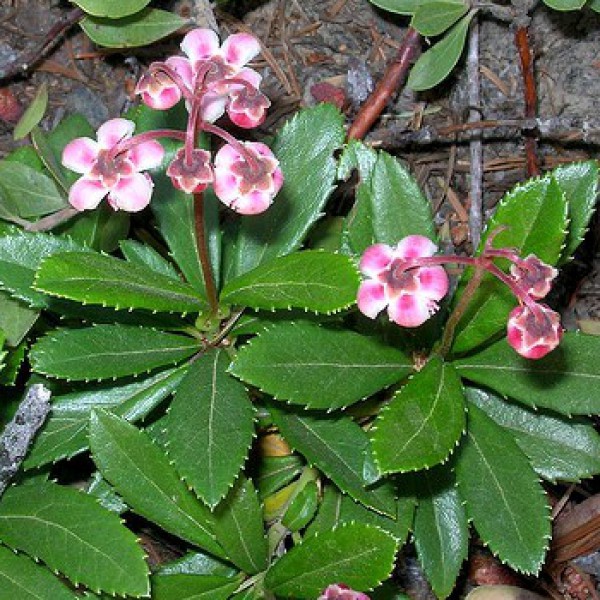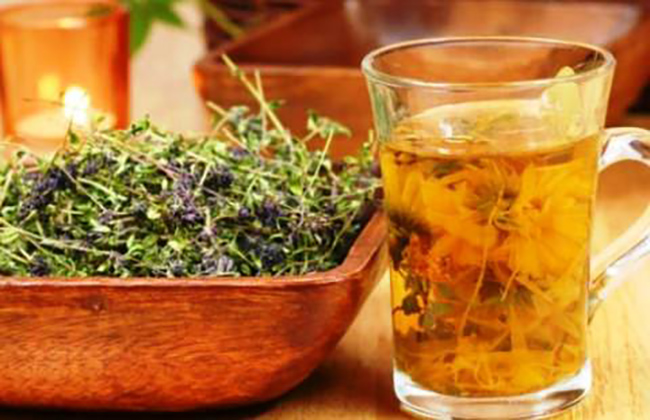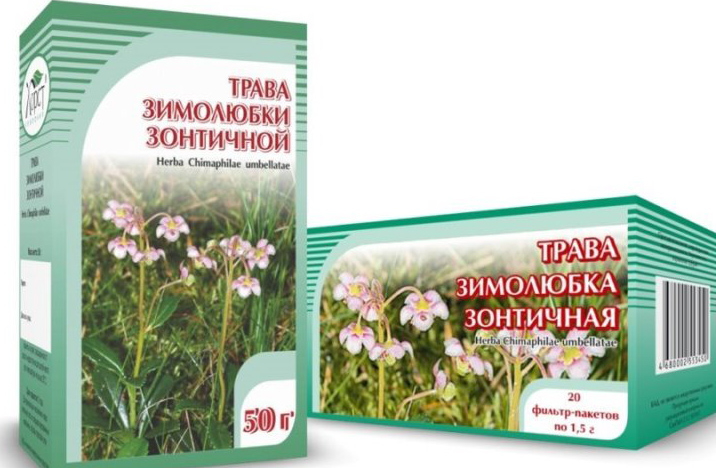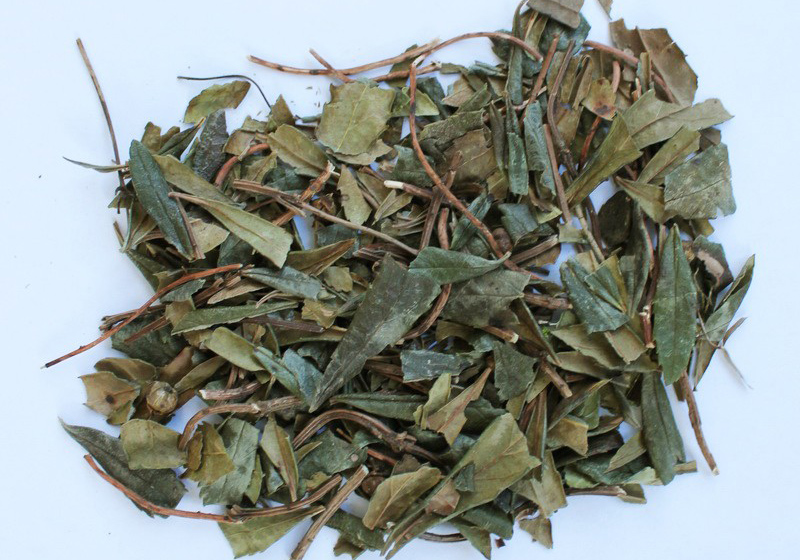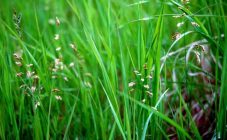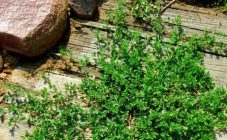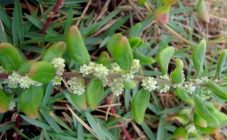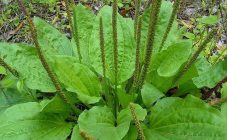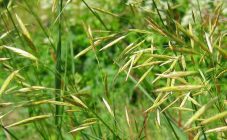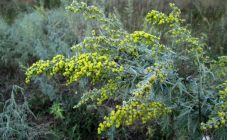Content:
Winter-loving umbrella is called a half-shrub about a quarter of a meter high, of the Heather family. His rhizome is creeping. The leaves have a leathery structure, they are very thick, their color is green both in winter and in summer, while on the outside they are dark green, and on the inside they are noticeably lighter. Leaves are obverse-lanceolate, about 15 cm long and 1.5 cm wide. The flowers of the winter-lover are pink in color, collected in inflorescences that look like an umbrella. The fruits ripen in early autumn and are spherical capsules.
This medicinal plant is called differently:
- winter grass;
- the herb is bitter;
- driving out the grass;
- porous;
- lifting grass;
- graver grass;
- pear;
- pear;
- core;
- boletus.
The scientific name for lifting grass is Chimpahila umbellate.
Wintergrass herb: varieties
The following types of winter lover are found:
- Japanese;
- paniculate;
- umbrella.
The Japanese winter-lover has settled in the Far East, Korea and Japan. Refers to perennial plants. The grass has both underground shoots with scaly leaves and aboveground ones, their height is about 15 cm, they have leaves with denticles along the edge. The flowers are drooping, 1.3-1.8 cm in diameter. The fruit is a capsule.
Wintergrass herb: application
Common winter lover is used for weight loss. It will not help you to drastically lose weight, but still with its help you can lose weight by 2-3 kilograms per month. Weight loss occurs due to:
- normalization and restoration of metabolic processes;
- improving the digestion process;
- removing toxins and toxins;
- a slight decrease in appetite;
- diuretic effect.
Also, the herb does not allow the absorption of fats and sugars from food, accelerates the process of breaking down fats, and improves immunity.
Beneficial features
The winter-lover contains tannins, phenol, flavonoid, organic acids, resins, and gum. The Indians nicknamed the boletus "pipsisikweu", which is translated into Russian as "crushes into small pieces." And she got this name because it can crush kidney stones. Also, the Indians applied mashed foliage to burnt places, a sore back. Using this herb for swelling of the legs and feet has had an incredible effect. The broth was used for eye inflammations or simply drank as a herbal tea with a slight bitterness.
Looking at the widespread use of this herb by the Indians, Europeans also began to use winter lover for the preparation of folk remedies, and later official medicine drew attention to it.
It is useful for the following diseases:
- diseases of the kidneys, liver;
- prostatitis;
- tuberculosis;
- diabetes;
- gout;
- rheumatism;
- stomach ulcer;
- prolapse of the uterus.
Winter grass also dissolves tumors and heals wounds. Lotions from its foliage have a disinfecting effect.
This medicinal herb is used in order to increase immunity, and with a breakdown, and with gastritis, enteritis, cystitis, inflammation of the prostate gland and a number of other diseases.Most often it is used in the form of decoctions, less often in the form of alcohol infusions. Pharmacies sell both dried herb and tinctures.
Zimolubka in gynecology
Zimolyubka has found wide application in the treatment of female diseases.
Broths are taken for the following problems:
- violation of the menstrual cycle;
- hormonal disbalance;
- cervical erosion;
- cancer of the uterus or breast;
- cystitis;
- infertility.
Growing and care
The plant does not require special care, moderate watering, loosening - that's all. Even pests and diseases will not have to be fought - pests do not want to eat it up or settle on it, and the bushes do not infect diseases.
Collection and procurement
The herb is collected throughout the summer, dried in a shaded room with good ventilation. Then they are stored in linen bags or boxes. You can store the collection for 3 years.
Zimolyubka is an effective folk remedy used in the treatment of a variety of diseases, but you always need to monitor the dosage, and it is advisable to consult a doctor before using.
